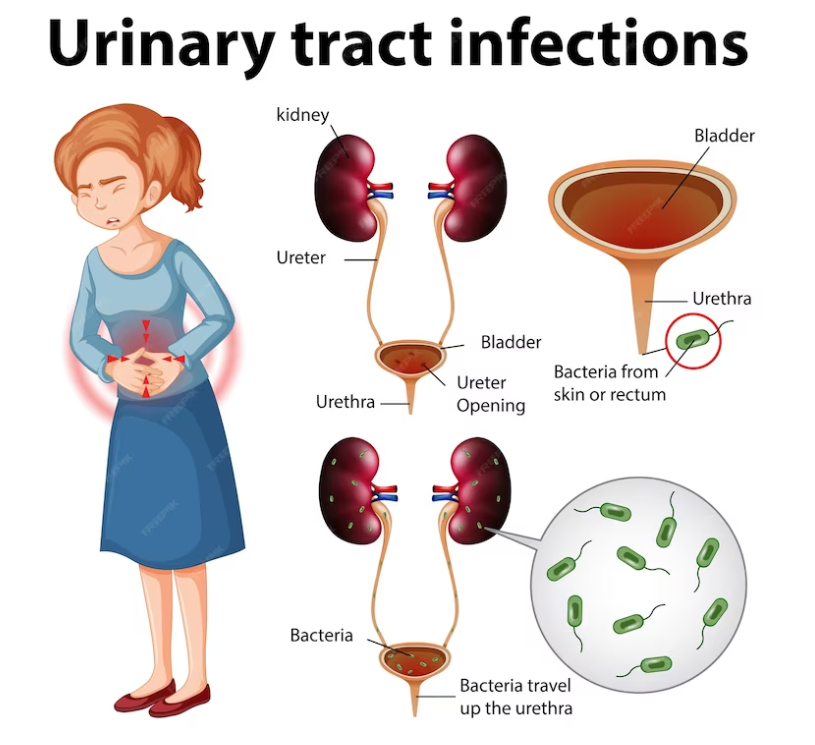
Understanding the Causes of Peptic Ulcers
Introduction: Peptic ulcers are like unwanted guests in our digestive system, causing discomfort and pain. But what invites them in? Let’s take a closer look at the common causes of peptic ulcers in simple terms.
1. Helicobacter pylori (H. pylori) Infection: Imagine tiny bacteria sneaking into your stomach lining and causing trouble. That’s what H. pylori does. It weakens the protective layer of your stomach, making it easier for stomach acid to harm the tissues and form ulcers.
2. Nonsteroidal Anti-Inflammatory Drugs (NSAIDs): Some pain relievers like aspirin, ibuprofen, and naproxen can irritate the stomach lining with prolonged use. This irritation can lead to ulcers, especially if taken on an empty stomach or in high doses.
3. Smoking and Alcohol: Smoking and excessive alcohol consumption can also increase the risk of peptic ulcers. They weaken the lining of the stomach and make it more susceptible to damage from stomach acid.
4. Stress: While stress doesn’t directly cause ulcers, it can worsen existing ones by increasing stomach acid production. So, finding healthy ways to manage stress is essential for overall digestive health.
5. Genetic Factors: Sometimes, peptic ulcers run in families. If your relatives have a history of ulcers, you may be at a higher risk too. However, genetics isn’t the sole cause, and lifestyle factors still play a significant role.
Genetic Factors and Peptic Ulcers: Understanding the Role While bacterial infections and lifestyle choices often steal the spotlight when discussing peptic ulcers, genetic factors also play a crucial role in determining susceptibility to this condition.
1. Family History: Research indicates that individuals with a family history of peptic ulcers are more likely to develop them themselves. If a close relative, such as a parent or sibling, has had peptic ulcers, your risk may be higher.
2. Genetic Variations: Certain genetic variations can influence how the stomach lining responds to factors like stomach acid and H. pylori infection. Variations in genes related to inflammation, mucosal integrity, and acid regulation may contribute to increased susceptibility to ulcers.
3. Inherited Conditions: Some inherited conditions, such as Zollinger-Ellison syndrome, can lead to excessive stomach acid production, increasing the risk of developing peptic ulcers. These conditions are relatively rare but underscore the genetic component of ulcer development.
4. Response to Treatment: Genetic differences can also affect how individuals respond to ulcer treatment. For example, variations in drug-metabolizing enzymes may influence the effectiveness and side effects of medications used to treat ulcers, such as proton pump inhibitors or antibiotics.
Conclusion: Peptic ulcers can result from various factors, from bacterial infections to lifestyle choices. Understanding these causes can help you make informed decisions to protect your digestive health and prevent ulcers from paying an unwelcome visit.
To seek medical advice, always consult a Doctor. Here are our recommended experts. Click Here
To read more on Peptic ulcer. Click Here


